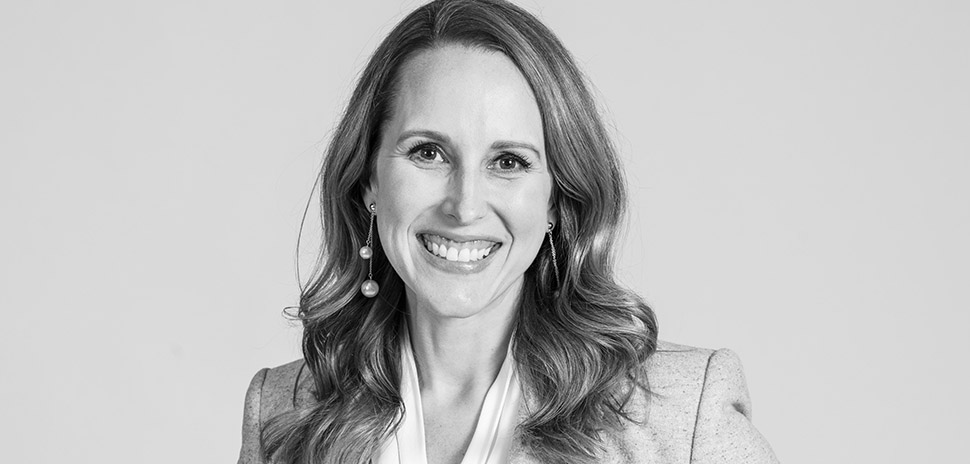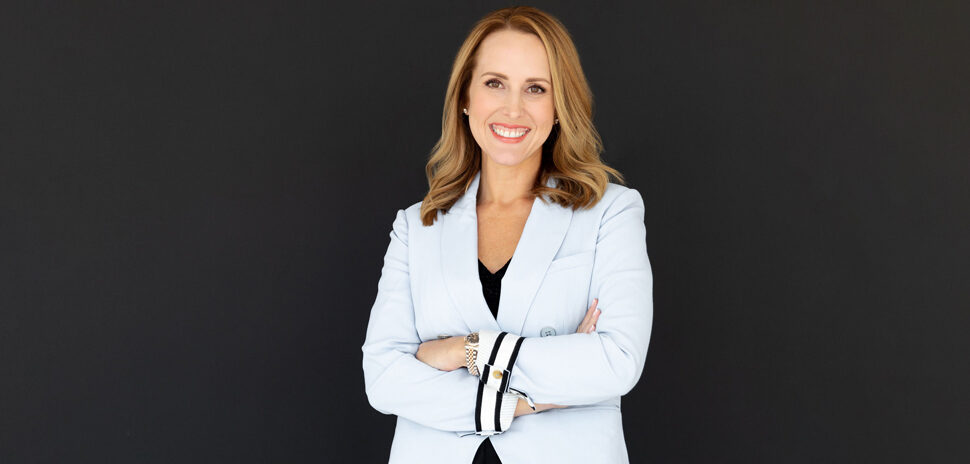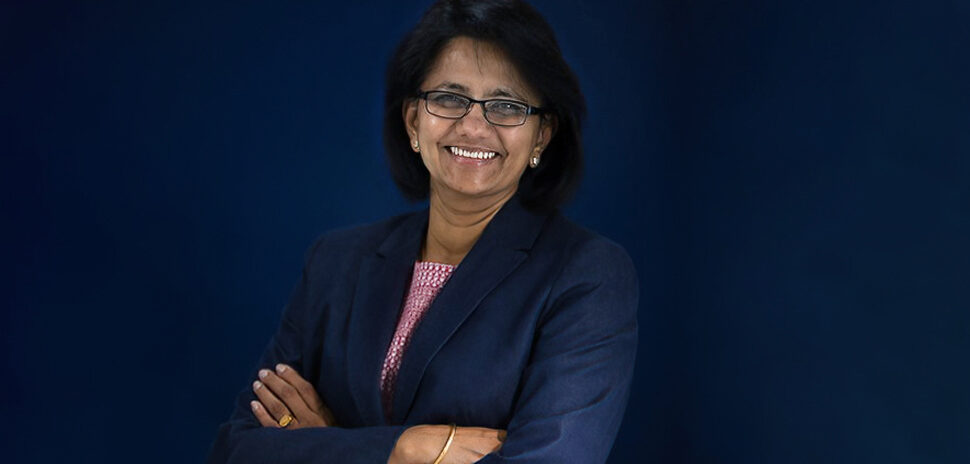When Dr. Lyndsey Harper founded Rosy Wellness, she set out on a mission to bring women the help they need and deserve for their sexual health problems.
Armed with years of experience as an OB-GYN and funding from angel and seed investors, the doctor-turned-entrepreneur went on to launch a free app and first-of-its-kind telehealth service.
The small, but mighty, team gained fast success: In its first two years since launching in 2019, Dallas-based Rosy attracted more than 3,500 physicians, psychologists, therapists, and other healthcare professionals to its evidence-based tech platform.
That momentum is continuing into 2021, despite the COVID-19 pandemic.
Rosy recently announced that $1.345 million of its $2 million seed offering had been secured. The round will be led by True Wealth Ventures, an Austin-based VC fund that invests in female-led companies, with additional participation from Portfolia.
Previous funding included local investors: Alex Snodgrass of healthy food blog The Defined Dish and Laura Baldwin, managing director of Golden Seeds, a national angel network investing in female-led companies.
Harper plans to use the capital to continue growing Rosy’s consumer base, generate research, and continue iterating its flagship product.
“We are growing the team, working on a lot of exciting product developments, and focusing on growth of users and healthcare providers,” Harper told Dallas Innovates.
Recently, she brought on experienced software leader Mark Zepeda as Rosy’s CTO, and has plans to continue growing the team. Also in the works are software updates—Harper says she’s begun working with a growth marketer and will be adding to the engineering side of things soon.
Changing the landscape for women’s health
The idea for Rosy originally comes from Harper’s desire to give her patients an adequate place to address their decreased sexual desire. Too often in her private practice, patients would express their desire for help with problems like low sexual desire, sexual pain, and orgasmic dysfunction.
It was a tall task for a first-time entrepreneur: 31 million women nationwide were searching for these resources in a once-barren landscape, one that looked different for men.
READ NEXT Meet the Innovators: Lyndsey Harper, CEO and Founder of Rosy
Rosy was Harper’s way of filling that gap. The startup offers trusted information via a free app designed by professionals in the industry, which offers a sexual wellness score, access to an extensive library of education, and a community for women to openly discuss their sex lives.
It’s a way for women who are often embarrassed, ashamed, and unsure of the resources they need to “take back control over their sexual health.” It goes beyond the problem of low libido, too—Rosy helps women improve their self-esteem, overall health, and relationships.
“It is the Rosy team’s mission to bring women the help they need and deserve for their sexual health problems, to erase the sexual shame that women feel, and to fundamentally change the world for future generations of women,” Harper says.
Since launching, Rosy has offered its sexual health services to more than 100,000 women across the country.
The COVID effect
Since the onset of the COVID-19 pandemic, digital health has gained immense traction. But Harper and her team were actually ahead of the curve.
The founder and CEO told us about Rosy Telehealth, a first-of-its-kind service that would connect women directly to providers (physicians, psychologists, therapists) who specialize in women’s sexual health, in late 2019.
The timing of its release to the public was opportune—the platform made its official debut last June, at the height of COVID.
Rosy Telehealth enables computer-based, discreet sessions through the Rosy mobile platform for women experiencing decreased sexual desire, starting at $100.
During the last 12 months, Rosy’s revenue has increased by 55 percent each quarter, with no sales force. Harper says that Rosy is now recommended by more than 6 percent of all OB-GYNs in the country.
“Women had more time with their partners, less distractions from these common issues and an increased desire and acceptance of digital health solutions,” Harper says. “They spent the extra time at home investing in themselves, exploring new ideas, and optimizing their situation.”
From here, Harper plans to continue building on her evidence-based, holistic approach to achieving results for Rosy users.
She aims to continue works to erase the sexual shame that women feel—ultimately, “to fundamentally change the world for future generations of women.”
![]()
Get on the list.
Dallas Innovates, every day.
Sign up to keep your eye on what’s new and next in Dallas-Fort Worth, every day.


































































